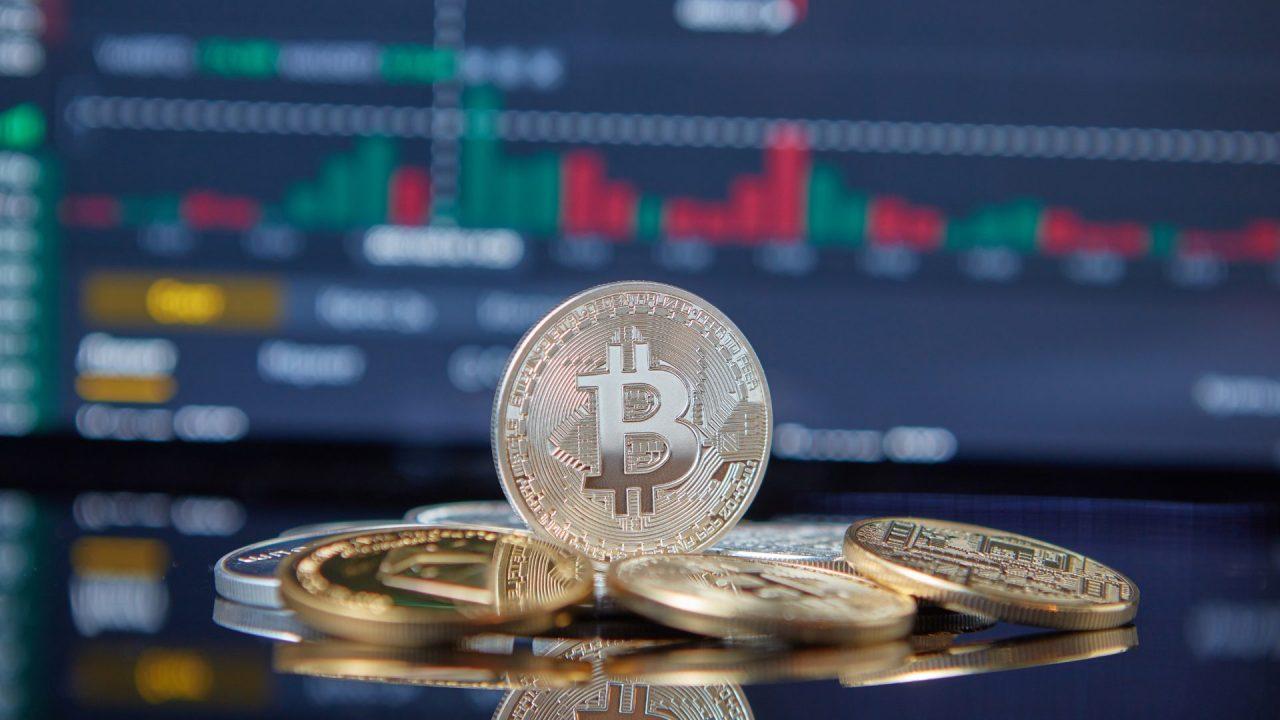AML stands for anti-money laundering, and together with know-your-customer (KYC) compliance, it forms the cornerstone of regulatory frameworks in financial transactions. In the cryptocurrency sector, these regulations ensure that the operations conducted through crypto exchanges are transparent.

In the expanding world of digital finance, crypto exchanges are essential hubs for crypto transactions, including popular currencies like USDT, BTC, and all others. To maintain security and regulatory compliance, these platforms are rigorously subjected to AML checks, ensuring that transactions are monitored for anti-money laundering (AML) compliance. That is essential in preventing misuse of the digital finance system and maintaining trust in these platforms.
What are AML and KYC Compliance in Crypto?
AML stands for anti-money laundering, and together with know-your-customer (KYC) compliance, it forms the cornerstone of regulatory frameworks in financial transactions. In the cryptocurrency sector, these regulations ensure that the operations conducted through crypto exchanges are transparent and accountable, deterring illegal activities such as money laundering and fraud. For example, if a trader needs to ensure their transactions in USDT are “clean” of unlawful activities, they can use an AML check USDT on a crypto exchange.
Why are Anti-money Laundering (AML) Regulations Important for Crypto Exchanges?
The importance of AML regulations in cryptocurrency cannot be understated. These regulations are designed to shield crypto exchanges from a spectrum of fraudulent activities and criminal enterprises. For example, they help prevent the financing of drug trafficking operations, which often seek anonymity in digital transactions. Similarly, AML rules curtail the possibilities of terrorism financing by monitoring and blocking suspicious fund transfers that could be used to support harmful activities.
AML compliance helps in detecting and deterring other criminal behaviors such as identity theft, financial fraud, and corruption. These activities often involve manipulating account information or transaction records, which AML checks are specifically designed to uncover.
In addition to these direct protections, AML rules and regulations contribute to the overall stability and integrity of the financial market. They ensure that crypto exchanges operate within legal boundaries, enhancing investor confidence and fostering a secure trading environment.
AML Regulations for Crypto Exchanges Around the World
Globally, the approach to AML regulations for crypto exchanges varies:
- European Union implements the Fifth and Sixth Anti-Money Laundering Directive (5AMLD), mandating stringent KYC and ongoing monitoring.
- United States. The Financial Crimes Enforcement Network (FinCEN) requires detailed KYC checks and comprehensive AML strategies to tackle domestic and international financial crimes.
A range of nations like China, Oman, Egypt, Iraq and others prohibit cryptocurrencies, citing risks of financial instability and criminal misuse.
AML regulations are indispensable in the cryptocurrency industry. They prevent financial crimes and enhance the legitimacy and stability of crypto exchanges globally. As digital currencies continue integrating into the mainstream economy, the evolution of AML standards will be crucial in shaping a secure and robust financial environment.
Tradersdna is a leading digital and social media platform for traders and investors. Tradersdna offers premiere resources for trading and investing education, digital resources for personal finance, market analysis and free trading guides. More about TradersDNA Features: What Does It Take to Become an Aggressive Trader? | Everything You Need to Know About White Label Trading Software | Advantages of Automated Forex Trading


































